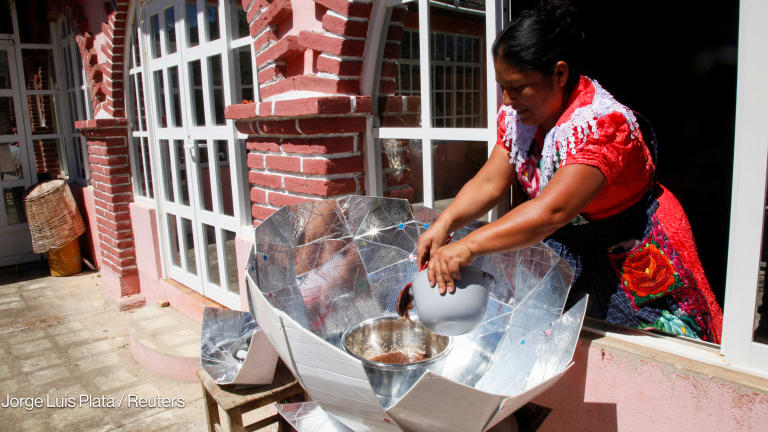
The United Nations Environmental Program Governing Council’s first universal session ends today in Nairobi, in what U.N. Secretary-General Ban Ki-moon described as a ”historic gathering” on environmental degradation and climate change.
At the five-day summit, which began Feb. 18, representatives from governments, civil society and U.N. agencies discussed ways to implement recommendations from last year’s U.N. Conference on Sustainable Development, also known as Rio+20. A particular focus was on UNEP’s role in the post-2015 development agenda, short-lived climate pollutants as well as green jobs.
Representatives of island states and other institutions again warned about the acute effects of climate change and rising sea waters.
On Wednesday at the GC1 event, as it is known, UNEP announced the Partners for Action on Green Economy partnership with three other U.N. agencies, which will assist some 30 countries in developing a green economy through technical assistance, data collection, policy dialogues and a web portal, in addition to other means.
Uganda’s environmental minister was one of many attendees who suggested that a green economy is not a choice, but a matter of survival. Germany’s president of the federal environmental agency, Jochen Flasbarth, suggested the international community avoid a “one-size-fits-all” approach when it comes to green economy.
Some pledges were made for environmental and climate-related causes, including from Sweden, which pledged about $200,000 to the Climate and Clean Air Coalition. Mauritius announced its new carbon dioxide levy on the importation of cars.
The CCAC, a global movement with more than 50 partners to significantly reduce the emission of short-lived climate pollutants like black carbon and methane, celebrated its first anniversary this week with a series of events, including on the fringes of GC1. Within 10 months of its inception, it has secured funding pledges of about $16.5 million. According to the World Health Organization, air pollution causes more than 6 million premature deaths a year.
UNEP’s budget is set to increase for 2014-2015 by 2.7 percent, as compared to 2012-2013, reaching $531 million. That will help boost the number of UNEP posts to 854, from 845.
Read more development aid news online, and subscribe to The Development Newswire to receive top international development headlines from the world’s leading donors, news sources and opinion leaders — emailed to you FREE every business day.








